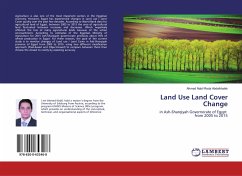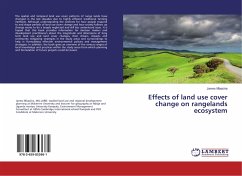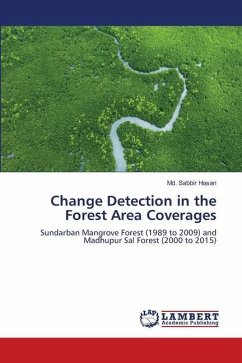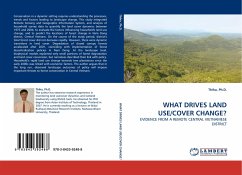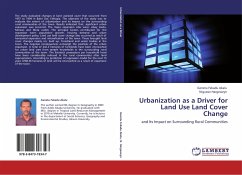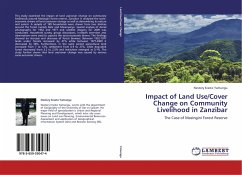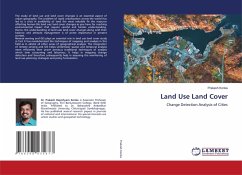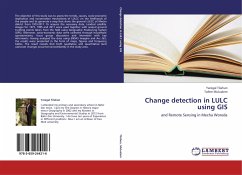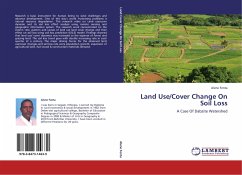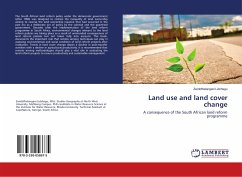
Land use and land cover change
A consequence of the South African land reform programme
Versandkostenfrei!
Versandfertig in 6-10 Tagen
24,99 €
inkl. MwSt.

PAYBACK Punkte
12 °P sammeln!
The South African land reform policy under the democratic government (after 1994) was designed to redress the inequality of land ownership aiming to reverse the land ownership injustice that had occurred in the past era as a deliberate act of policy by the colonial and the apartheid government. Decades after the implementation of the land reform programme in South Africa, environmental changes relevant to the land reform policies are taking place as a result of unintended consequences of land reform policies but not taken fully into account. This book, documents the important role that remote ...
The South African land reform policy under the democratic government (after 1994) was designed to redress the inequality of land ownership aiming to reverse the land ownership injustice that had occurred in the past era as a deliberate act of policy by the colonial and the apartheid government. Decades after the implementation of the land reform programme in South Africa, environmental changes relevant to the land reform policies are taking place as a result of unintended consequences of land reform policies but not taken fully into account. This book, documents the important role that remote sensing techniques can play in assessing environmental and social condition of land reform projects after restitution. Trends in land cover change depict a decline in post-transfer activities with a decline in agricultural productivity. It is recommended that remote sensing methodologies should play a vital role in evaluating the land reform projects to ensure productivity and sustainable management.



